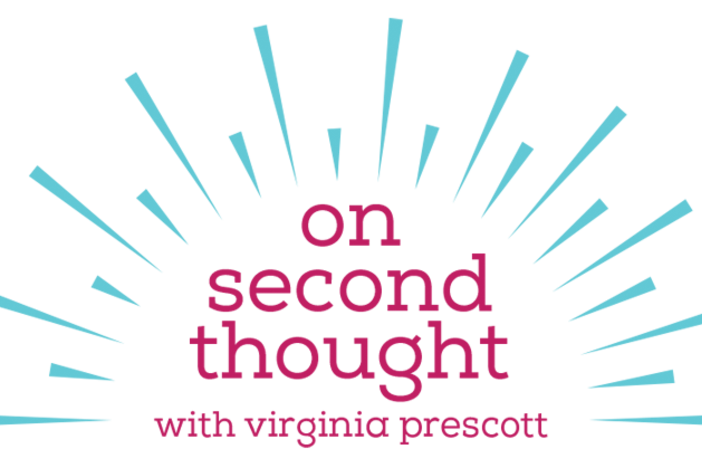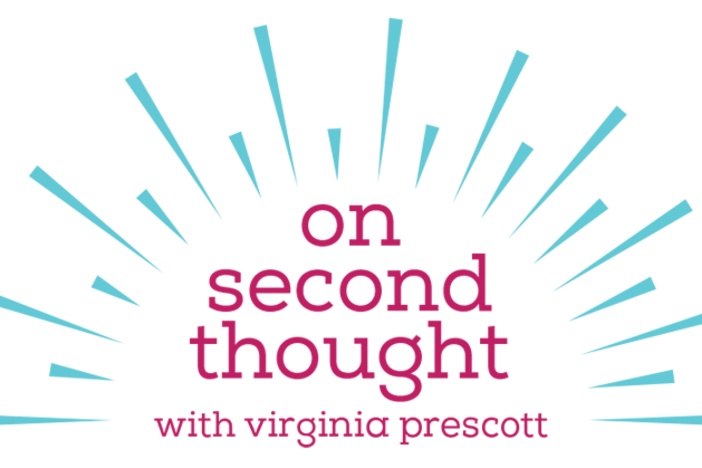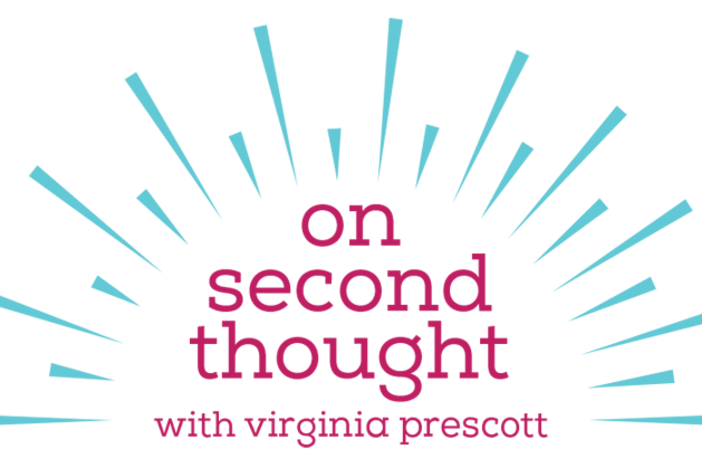Section Branding
Header Content
On Second Thought For Monday, September 17, 2018
Primary Content
Is Georgia turning blue? That question came up in 2014 when Jason Carter ran for governor, in 2016 when Hillary Clinton ran for president and in 2017 with Jon Ossoff’s campaign in the most expensive House race in history. Every time, however, Georgia remained a red state where Republicans won. "On Second Thought" for Monday, September 17, 2018.
But as Stacey Abrams’ gubernatorial campaign draws national attention, Democrats again hope this will be the year their blue wave turns the solidly red tide of Georgia’s electorate. To figure out how we got here, we turned to Bill Nigut, host of GPB’s “Political Rewind.” Nigut took us back to 2002, when Georgia elected Sonny Perdue as the state’s first Republican governor. Perry Bacon Jr., senior writer for FiveThirtyEight, also explained the inelasticity of Georgia voters and calculated what it would take for Abrams to win in November.
As we near this year’s November election, there’s one recurring question: Will Georgia become a blue state? Before we look at the political future of the state, we did some research on the past. The Southern Strategy helped paint the South red. Historically, members of the Republican Party would use tactics to realign the loyalty of white southern "Dixiecrats" beginning in the Civil Rights era. Atlanta native and former Republican National Committee Chairman, Lee Atwater mastered the Southern Strategy. On Second Thought's Virginia Prescott spoke with filmmaker, Stefan Forbes. He directed and produced "Boogieman: The Lee Atwater Story."
Changing voter demographics and the national rise of female candidates have led to speculation that Georgia will turn blue in the November elections. We’re exploring the likelihood of this shift as well as Georgia’s role in the upcoming national elections in 2020. We spoke with Andra Gillespie, associate professor of political science at Emory University, about her research on demographic changes due to reverse migration. Reverse migration is the movement of African-American people from the North and West to places in the South, like Atlanta and Charlotte. This influx of people can also lead to an increase in Democratic voters in traditionally Republican counties. We also spoke with Greg Bluestein, political reporter for The Atlanta Journal-Constitution. He discussed how candidates like Stacey Abrams and Brian Kemp have modified their campaigns based on these changing demographics.
Secondary Content
Bottom Content







